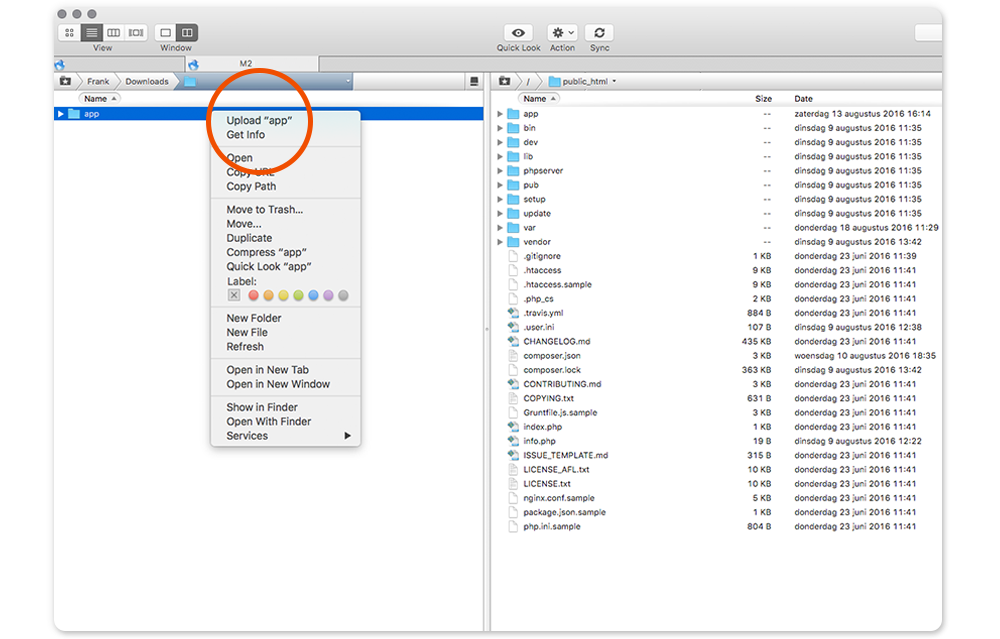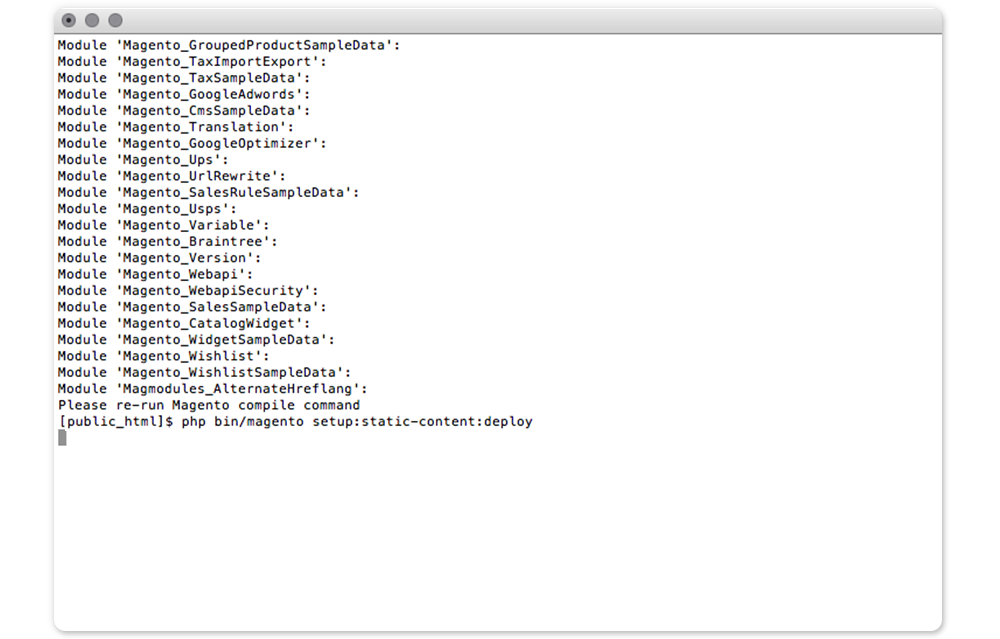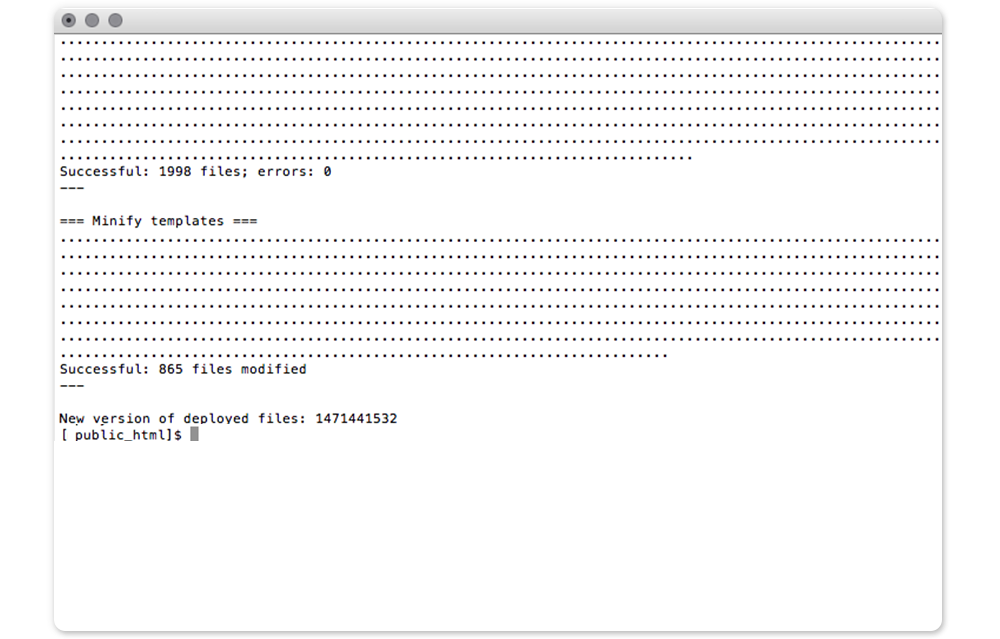Setup E-boekhouden Connection in Magento 2 via FTP
1. Installation Guide
You can start the installation by downloading the E-boekhouden Connection extension package (.zip) and the magento2-accounting-base.zip files from your Magmodules or Marketplace dashboard-account under my downloads and follow the installation instructions below.
Note: We strongly recommend testing your installation in a development environment prior to releasing it to production. Also, make sure you have a full backup available of your store, more information on this can be found here.
2. Upload Files
The Magmodules zip files contain the content that needs to be placed in the app/code/Magmodules/Eboekhouden/(ZIP content) and in the app/code/Magmodules/AccountingBase/(ZIP Content) folder. Note; this directory structure is case sensitive and needs to be manually created. Below the exact steps on how to extract and upload the files.
2 A. Extract extension files from the .ZIP files Extract the extension package ZIP-file using Winzip, WinRar, etc.
2 B. Upload The unzipped extension files As the unzipped file only contains the content of the extension itself, you need to create the Magmodules/Eboekhouden and a Magmodules/AccountingBase/ folder in the app/code/ on the server yourself and place all the content files into these folders.
The final path where the content files are going to be uploaded into will be;
The E-boekhouden Connection contents should be uploaded in; app/code/Magmodules/Eboekhouden
And the Accounting Base should be uploaded in; app/code/Magmodules/AccountingBase/
If one of our extensions is already installed and you're updating it, make sure to overwrite the existing files of the extension.
3. Connect to your Magento® Webserver using SSH
3 A. Connect Run the following command in the terminal and enter the user password (please skip this step if you're installing expansion on the local machine):
ssh username@domain.com
3 B. Locate The RootChange your current directory to Magento 2 web root directory running this command:
cd /full_path_to_magento2
3 C. Start Setup
After that the extension is successfully downloaded, start the setup of the E-boekhouden Connection extension by running these commands:
php bin/magento module:enable Magmodules_Eboekhouden
php bin/magento module:enable Magmodules_AccountingBase
php bin/magento setup:upgrade
If Magento is running in production mode, recompile and deploy static content using the following commands:
php bin/magento setup:di:compile
php bin/magento setup:static-content:deploy
Now you've successfully executed the right commands and the extension is successfully installed, it's ready for configuration. Navigate to Stores ⇨ Configuration ⇨ Magmodules ⇨ E-boekhouden Connection and Accounting Bae to start the configuration.
Maintenance mode
You may want to enable the maintenance mode when installing or updating the module, especially when working on a production website. To do so, run the two commands below before and after running the other setup commands:
php bin/magento maintenance:enable
# Other setup commands
php bin/magento maintenance:disable
Start Using the Extension
Once the installation is complete, the extension is successfully installed in your Magento® 2 store and ready to use.
Navigate to Stores > Configuration > Magmodules > E-boekhouden Connection to configure and start using the extension.



